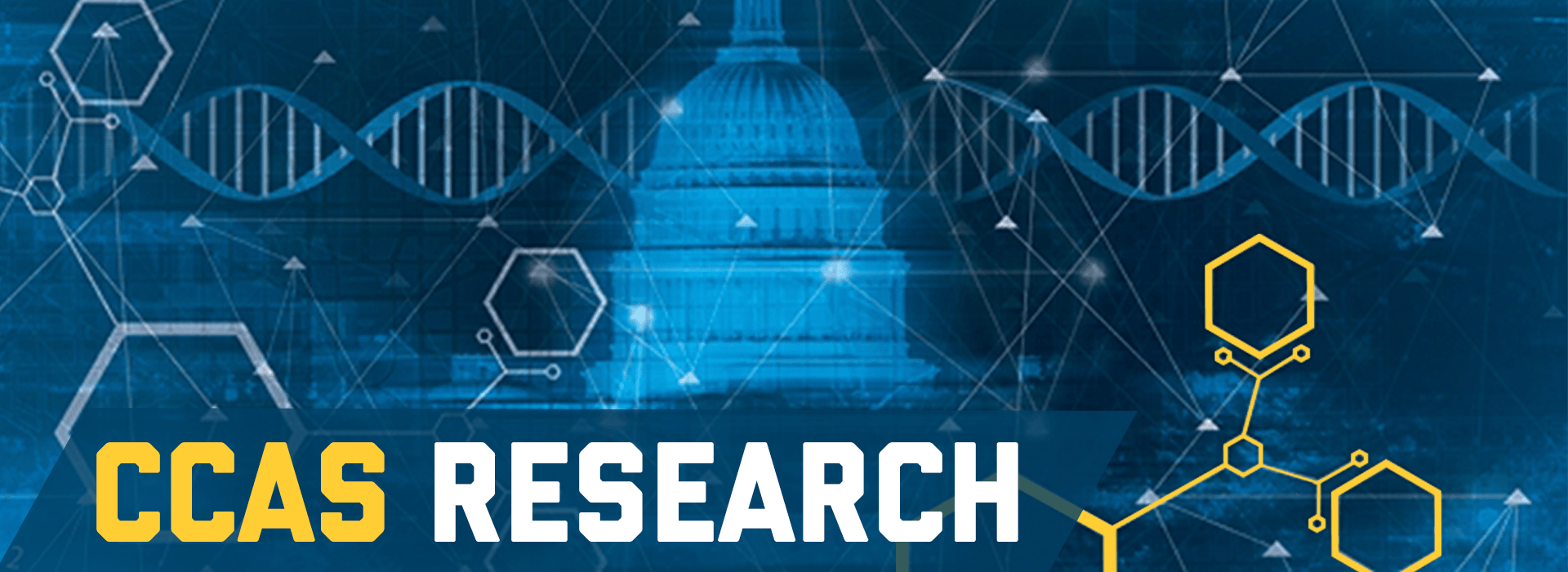Funding / Prize Opportunities
National Science Foundation
Integrative Strategies for Understanding Neural and Cognitive Systems (NCS)
NSF invites the submission of educational neuroscience proposals to the NCS program. It notes that advances in our understanding of neural and cognitive systems can have significant implications for research on education. Through the Dear Colleague Letter: Stimulating Educational Neuroscientific Research through the Integrative Strategies for Understanding Neural and Cognitive Systems (NCS) program it also seeks to foster the growth of a multidisciplinary community of researchers, including neuroscientists, cognitive scientists, engineers, computer scientists, and education researchers. Deadline for Letters of Intent is February 20, 2018.
The Franklin Institute
The Bower Award and Prize for Achievement in Science
Deadline for completed nominations: May 31, 2018
An email of intent to nominate received by April 30, 2018 is appreciated. Description The Franklin Institute seeks nominations for the 2019 Bower Award and Prize for Achievement in Science of individuals who have made significant contributions to green and sustainable chemistry- chemistry focused on the technological design of chemical products and processes that reduce or eliminate the use or generation of hazardous substances.
(Please let me know at rong@gwu.edu if you have a suggested nominee)
Federal Demonstration Partnership (FDP) Faculty Workload Survey
This is for the principal investigators of federally-funded projects, and was explained in a recent email to you from Shandra White, Director of Office of Sponsored Projects & Research Enhancement. The Federal Demonstration Partnership (FDP), a cooperative initiative hosted by the National Academies, is conducting a national survey of federally-funded principal investigators (PIs) to explore the impact of federal regulations on the time faculty spend pursuing active research. Participation in the study is voluntary, but the more researchers that participate, the stronger the data. Please be on the lookout for an email message in the first two weeks of February (Feb 5 - 16, 2018) inviting you to participate in the FDP Faculty Workload Survey. (The message will come from an email address ending in @srsrv.com.)
Student Opportunities
Oak Ridge National Laboratory and the Oak Ridge Institute for Science and Education are excited to share with you a great opportunity for your students to learn about the variety of internships and research participation programs available at ORNL, the U.S. Department of Energy’s largest science and energy lab. ORNL and ORISE are co-hosting a virtual career fair February 22 from noon to 3 p.m. EST. Students may register up to the day of the event at http://orau.us/live-ornl.
During the virtual career fair, students will be able to chat with ORNL scientists and ORISE recruiters and get tips on applying.
Please share this information with your students and encourage them to find out more about the science education programs at ORNL!
Upcoming Events
Faculty Book Publishing Workshop II: Crossover Books: What, How, and Why
Speaker: Dr. Audra Wolfe, editor, publishing consultant, and independent scholar.
Tentative Date /Times: Friday, April 13, 1:00 - 2:30 pm, with 1-1 meetings 2:30 - 4:30pm.
Description You wrote your dissertation on a topic with legs. Or maybe you’ve written one monograph—a good, old-fashioned, tenure book—and want a bigger audience for your next one. Or maybe you’ve been dabbling with op-ed pieces and short features, and you’d like to replicate the rush of connecting with actual, honest-to-God, readers in your next book-length project. Where do you begin? And more importantly, how do you convince editors and agents that you can write beyond your discipline?
This 90-minute workshop, appropriate for faculty at all levels, demystifies the process of envisioning, developing, and pitching ideas for books that can appeal to both scholarly and trade audiences—known to publishers as “crossover books.” Major topics include identifying appropriate topics, approaches, audiences, and presses; whether or not you need an agent; how to write a winning book proposal; and steps all authors can take to generate interest in their books. We’ll also talk about how crossover books differ from more traditional scholarly books and the pros and cons of each approach for authors with academic affiliations. Participants receive two one-page handouts covering various aspects of these topics. One-on-one meetings with the speakers may be requested.
Sign-up is optional but recommended. If you wish to have one-on-one meeting with Dr. Wolfe, you must indicate so on the form.
Gentle Reminders
- Effort Reports Those of you with effort on sponsored projects should be receiving reports from your department administrative staff, which need to be reviewed for accuracy and approved. If changes are required, note the detailed changes directly on your report so that a labor redistribution can be processed. Please act promptly so that those can be processed on time.
- Pre- / Post- Award Support. For pre-award support, please use CCAS Intent to Submit to inform us your proposal plan well in advance. For post-award management, have you checked your PI Dashboard lately?

